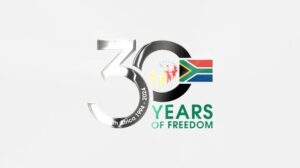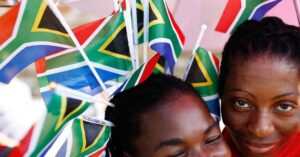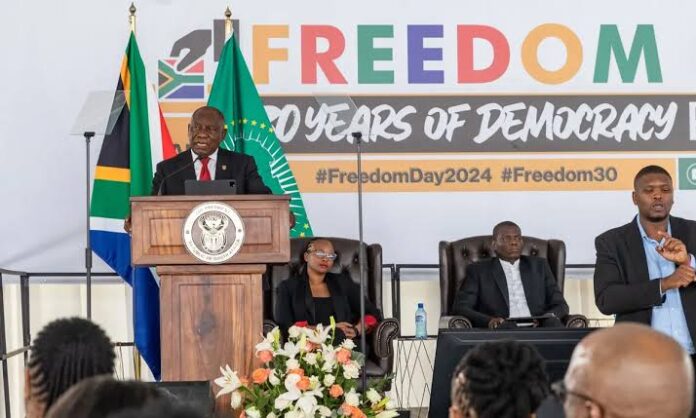As South Africa gears up to commemorate 30 years of freedom on Saturday, April 27, the nation reflects on the historic milestone achieved in 1994 when millions cast their ballots in the country’s first democratic elections. Freedom Day, observed annually on April 27, symbolizes the triumph over apartheid, the oppressive system of racial discrimination that plagued the nation for decades.
For 72-year-old Nonki Kunene, a visit to Thabisang Primary School in Soweto evokes poignant memories of that historic day three decades ago. It was here, amidst the bustling corridors, that Kunene, along with millions of South Africans, exercised their right to vote for the first time, marking a pivotal moment in the nation’s history.
Recalling the euphoria of casting her ballot, Kunene reminisces about the hope and optimism that pervaded the atmosphere as Nelson Mandela ascended to the presidency, heralding a new era of democracy and equality.
Yet, for many like 87-year-old Lily Makhanya, the scars of apartheid remain deeply ingrained in their consciousness. Makhanya vividly recalls the harrowing experiences of racial violence and oppression, recounting tales of brutality inflicted upon Black South Africans by white assailants.
Despite the progress made since the end of apartheid, the legacy of injustice and suffering lingers on, a stark reminder of the nation’s tumultuous past.
As South Africa celebrates three decades of freedom, the jubilant spirit of liberation is tempered by the stark realities of present-day challenges. Widening economic disparities, rampant unemployment, and pervasive poverty continue to afflict the nation, casting a shadow over the promise of a prosperous future.
With more than 16 million South Africans reliant on welfare grants for survival and an unemployment rate surpassing 32%, the specter of inequality looms large, underscoring the urgent need for inclusive growth and socioeconomic development.
Also, read; Dangote Refinery Surpasses Europe’s Largest Facilities, Marks Milestone in African Energy Sector
Moreover, South Africa grapples with a host of pressing issues, from an electricity crisis triggering debilitating power blackouts to widespread discontent over the government’s failure to deliver essential services.
While affluent enclaves like Johannesburg’s Sandton epitomize economic success, impoverished townships like Alexandra bear witness to the stark disparities that define South Africa’s socio-political landscape.
Against this backdrop of inequality and discontent, South Africa braces for one of its most hotly contested elections since the dawn of democracy. Polls suggest that the ruling African National Congress (ANC) faces the prospect of losing its majority for the first time, signaling a seismic shift in the country’s political landscape.
As President Cyril Ramaphosa delivers a Freedom Day address in Pretoria, the nation stands at a crossroads, grappling with the enduring legacy of its past while charting a course towards a more equitable and prosperous future.
Amidst the jubilation and reflection that accompanies the commemoration of 30 years of freedom, South Africa confronts the formidable task of reconciling its troubled history with the imperatives of progress and inclusivity.
As the nation navigates the challenges of the present and the uncertainties of the future, the spirit of resilience and determination that defined the struggle against apartheid serves as a beacon of hope, guiding South Africa towards a brighter tomorrow.

